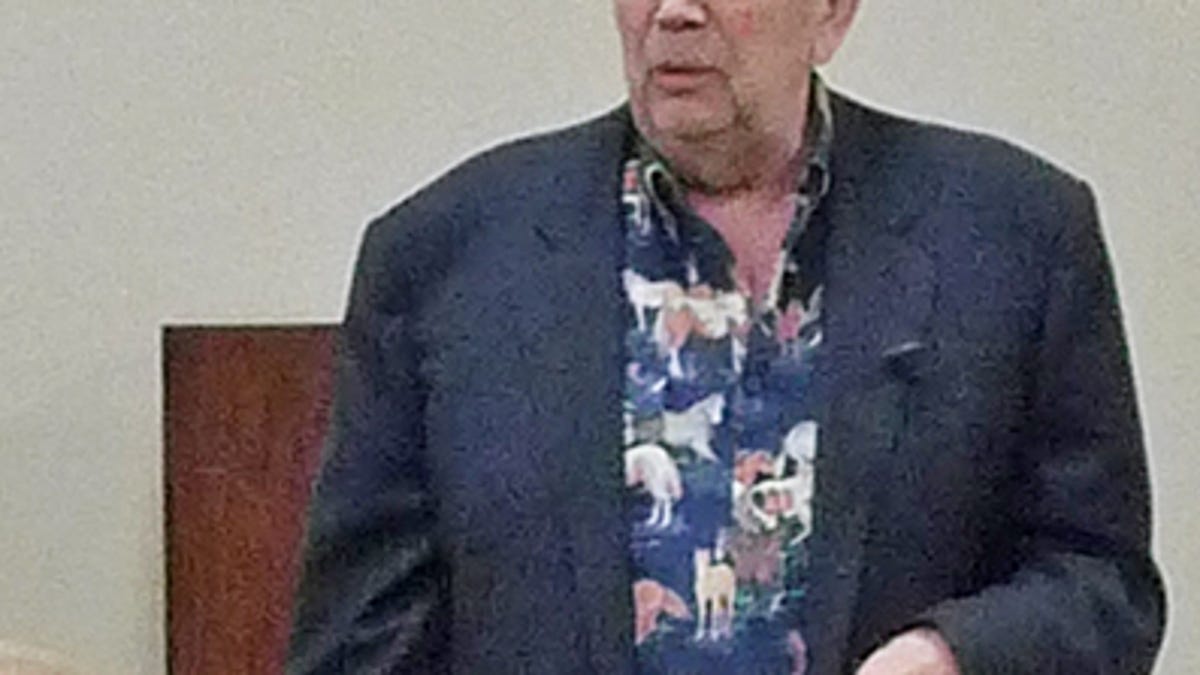Who invented high-end audio?
Harry Pearson, who coined the term "high end," spoke at the Rocky Mountain Audio Fest, held last week in Denver.

Harry Pearson, who coined the term "high end," spoke at the Rocky Mountain Audio Fest 2009, held last week in Denver. "High end" has long since spread to cars, cameras, jewelry, real estate, boats, and a gazillion other categories, but audio is where it all started.
Pearson's magazine The Absolute Sound, The High End Journal, and J. Gordon Holt's Stereophile magazine created an audiophile community.
Starting in 1973, Pearson's flamboyant writing style and deep love of gear and music helped prod the state of the art forward through the 1980s. The Absolute Sound's tiny circulation and sporadic publishing schedule didn't hurt its prestige and importance in the industry. A rave review, especially by Pearson, could put a start-up company on the map.
Pearson made people curious about, well, the absolute sound. That is, the sound of musicians and vocalists, recorded in an appropriate acoustic space. We all wanted a hi-fi system good enough to put us in that space. That's impossible, but the goal, reproducing the absolute sound, still drives at least some audiophiles.
"The Absolute Sound" magazine didn't accept advertising from manufacturers for the first five years (or so) of its existence. When the CD was introduced in the early 1980s, Pearson was skeptical. Digital recordings failed to capture the essence of the absolute sound; CDs were too sterile, two-dimensional, and failed to engage the listener--all the things that high-end analog systems of the time did so well. Point being, Pearson didn't drink the digital Kool-Aid; he listened to digital and found it wanting.
Pearson had the courage to say so, while the mainstream audio press, such as "Audio," "Stereo Review," and "High Fidelity" heaped praise on the first generation digital machines. They raved about the perfect sound forever CD, and immediately ceased coverage of turntables. Those magazines ignored high-end audio, or worse, mocked it. Strange, can you imagine what would have happened if "Motor Trend" or "Car and Driver" vowed never to test a Ferrari or Maserati, and stuck with Chevy and Ford?
"Audio," "Stereo Review," and "High Fidelity" chimed in unison, "All properly designed amplifiers sound the same!" and "Speakers that measure well are all good speakers." "The Absolute Sound" and "Stereophile" reviewers actually listened, in depth, and reported on what they heard. And they weren't shy about giving negative reviews. The readers devoured those reviews, and even if they didn't agree, their passions were aroused. Once I found "The Absolute Sound" and "Stereophile" I gave up on "Audio," "Stereo Review," and "High Fidelity." Apparently, so did their readers, they're all gone (but "Stereo Review" continues as "Sound & Vision" magazine).
Over the decades Pearson found no shortage of great sounding digital components, but the early ones were truly awful. He once said, "The best way to enjoy digital is never listen to analog," and that's still true.
Pearson continues to write for "The Absolute Sound," but in Denver he hinted that he might soon be striking out on his own.

